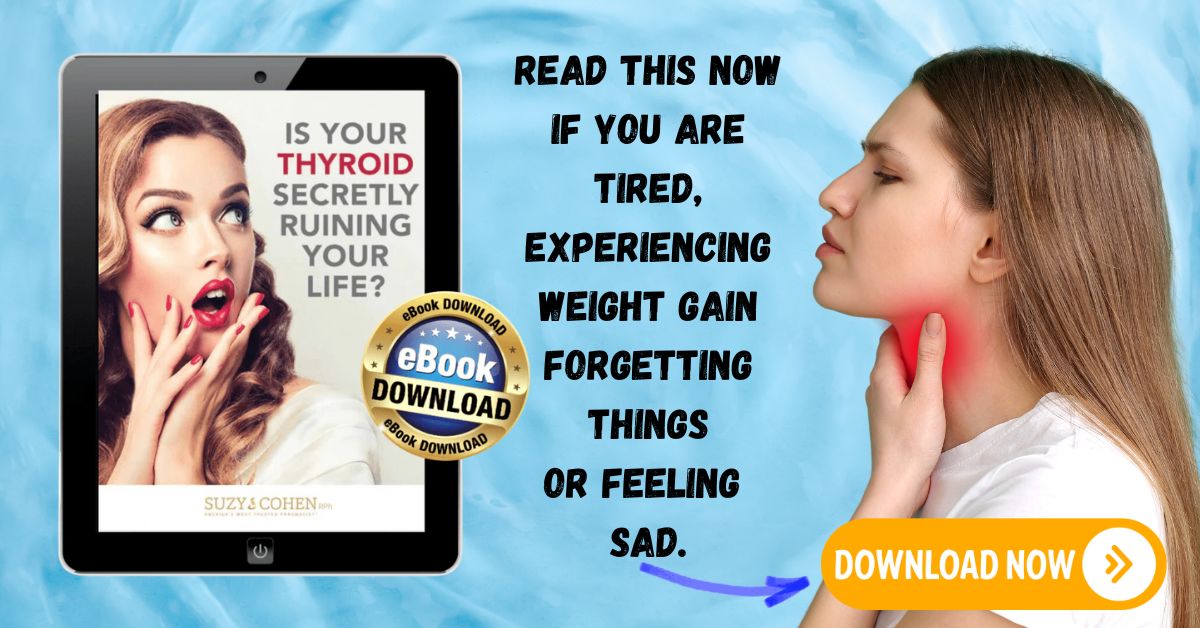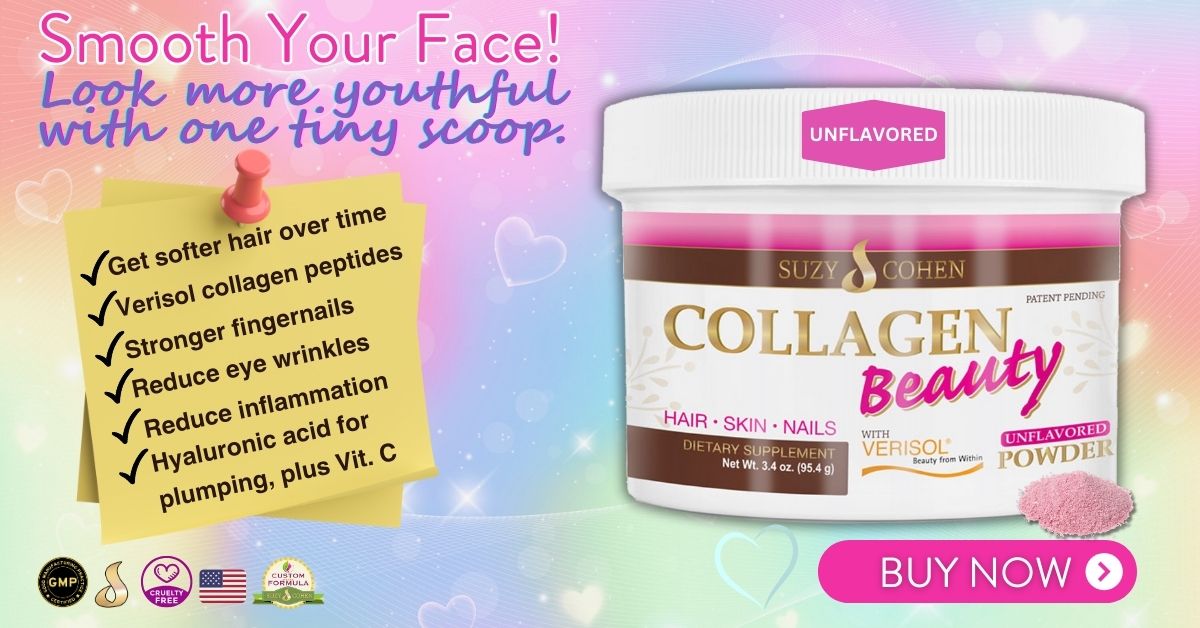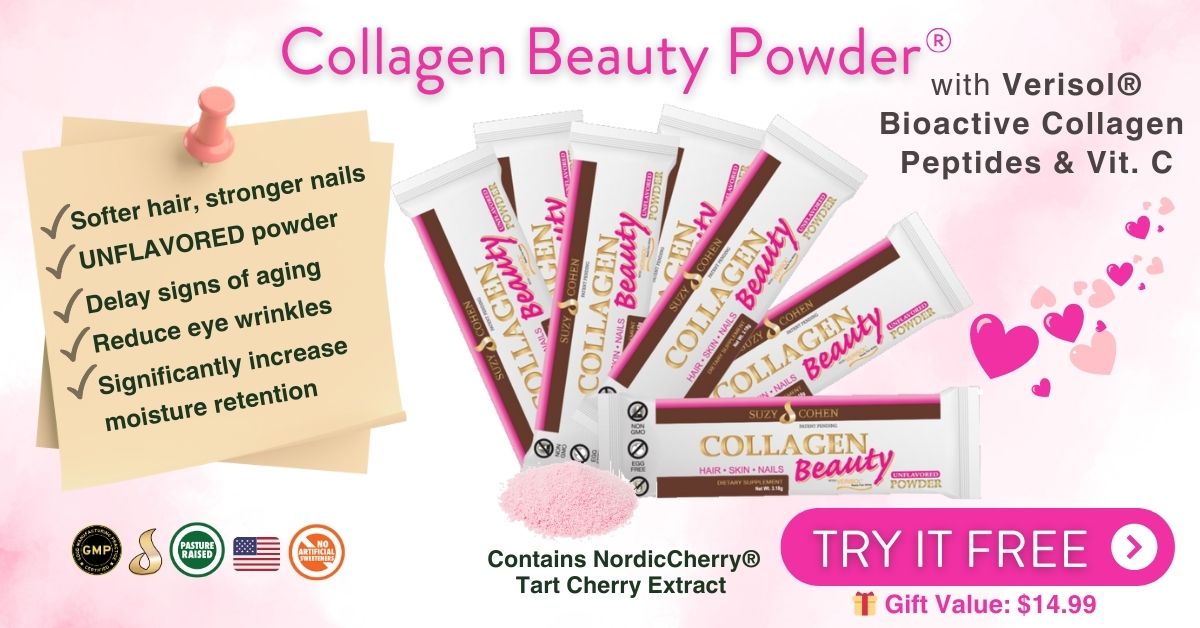What's On This Page?
ToggleToday I’ll be talking about hair loss solutions that truly work. Plus, we’ll delve into the root causes of hair loss.
During a recent visit to my favorite makeup store, Sephora, I observed several women purchasing expensive hair serums and shampoos designed to combat hair loss. Rather than intruding with unsolicited advice, I decided to share my insights through today’s article instead.
Save your money! Good grief! Many of the ingredients listed on those product labels, some of which sound completely fictitious, will not aid in hair regrowth, though they might enhance shine and softness. I’m here to discuss real hair loss solutions, not just fancy packaging!
Addressing hormonal imbalances or nutrient deficiencies can significantly improve hair growth. There are myriad reasons for hair loss, which is why hair loss solutions like Minoxidil, effective as they may be, don’t work universally.
Understanding the Root Causes of Hair Loss
Let’s explore some common causes. You might think that getting lab tests is costly, but identifying the actual issue can save you more in the long run compared to spending on ineffective treatments.
Hormonal Imbalances
- Elevated Estrogen or Estrogen Dominance: Often noted in scientific studies as a form of “testosterone deficiency.” Correcting this imbalance can lead to hair regrowth, aiming for higher testosterone and lower estrogen levels.
- Hypothyroidism or Hashimoto’s Thyroiditis: A significant thyroid hormone imbalance. Symptoms include thinning or loss of the outer edges of your eyebrows. Your hair may become brittle and dry. Restoring proper thyroid hormone levels is crucial—learn more in my book, Thyroid Healthy. If you have fibroids, please read my other article, Unveiling the Link Between Thyroid and Fibroids and 14 Natural Remedies.
- Iron Deficiency: Typically measured as “ferritin.” If your ferritin levels are low, your hair loss might accelerate. This condition often accompanies thyroid issues and infections like Helicobacter pylori (H. pylori).
- Sex Hormone Binding Globulin (SHBG): SHBG regulates the levels of your sex hormones. When SHBG is low, it can lead to hormonal imbalances, including hair loss. Natural remedies like green tea can increase SHBG levels, thus supporting a healthier hormonal balance and potentially reducing hair loss.
Medications That Can Cause Hair Loss
- Chemotherapy: This treatment famously results in hair loss, though hair generally regrows after treatment concludes. Supporting mitochondrial health through diet and supplements can help mitigate these effects but ask your oncologist first before starting any supplements.
- Anticonvulsants: For example, carbamazepine or phenytoin. This and certain antibiotics can significantly reduce biotin levels, leading to hair loss. Supplementing with probiotics and biotin may encourage hair regrowth.
- Acid Blockers for Reflux and Heartburn: Surprisingly, these medications can cause hair loss due to their strong ‘drug mugging’ effect on zinc, essential for healthy hair growth. Zinc also supports Superoxide Dismutase, an enzyme that helps manage free radicals in your body. Corticosteroids like prednisone can also deplete zinc and potassium by the way, which will lead to leg cramps. These drugs are drug muggers of a lot! That’s because they alter the pH of your gut, making it more acidic.
- Estrogen or Menopausal Drugs: Used in birth control and hormone replacement, these can lead to “estrogen dominance.” They also deplete nearly all your B vitamins. While taking a B complex can help counteract this depletion, improving estrogen metabolism or discontinuing estrogen-derived medicine might be a faster route to regaining healthy hair.
Effective Hair Loss Solutions
If you’re grappling with hair loss, the key is to target the underlying cause. Here’s a guide to some of the most effective solutions based on the root causes identified above and I’ve categorized them by their main points (ie hormones, nutrient deficiencies, medication-induced and estrogen metabolism) but you will see that there are a total of 8 hair loss solutions below:
Rebalance Hormones
- Correct Estrogen Dominance: Estrogen dominance can negatively affect hair and skin health by reducing collagen production. Balancing estrogen and testosterone levels with the help of a healthcare provider, possibly through bioidentical hormone replacement therapy (BHRT), can support optimal collagen production, promoting healthier hair and skin.
- Optimize Thyroid Function: Hypothyroidism not only leads to hair loss but also affects collagen synthesis, impacting skin elasticity and structure. Supporting thyroid health through diet, lifestyle changes, and potentially thyroid hormone replacement therapy can improve collagen production. Supplements like selenium and zinc also play a role in enhancing thyroid function and, in turn, collagen health.
Address Nutrient Deficiencies
- Boost Iron Levels: Iron deficiency can be a significant factor in hair loss. Consider increasing your intake of iron-rich foods like spinach, lentils, and red meat, or discuss iron supplementation with your healthcare provider to ensure you’re getting the optimal amount to support hair health.
- Increase SHBG Levels: Natural remedies such as green tea can help raise levels of Sex Hormone Binding Globulin (SHBG), which helps regulate hormone levels and can aid in preventing hair loss. Incorporating daily green tea may offer dual benefits for both hormone balance and hair regrowth.
Support Hair Growth Post-Medication
- Mitigate Chemotherapy Effects: Focus on mitochondrial health to offset the side effects of chemotherapy. Supplements like CoQ10, N-acetylcysteine (NAC or L-cysteine), and a diet rich in antioxidants can help protect and rejuvenate your tired hair follicles.
- Replenish Biotin with Probiotics: For those affected by anticonvulsants or antibiotics, boosting biotin through supplementation or biotin-rich foods (e.g., eggs, ALMONDS also known as “Prunus dulcis” as well as avocados) is crucial. Adding probiotics can also aid in restoring gut health, which is essential for effective nutrient absorption, including biotin. You can alternatively just take biotin too!
- Restore Zinc Levels: Acid blockers and corticosteroids may reduce zinc levels, crucial for hair growth. Zinc supplementation or consuming foods high in zinc like pumpkin seeds, oysters, and beef can help restore this vital nutrient, supporting hair health and growth. My own CHELATED ZINC is ideal for reducing stomach issues, and improving absorption. It’s useful for leg cramps as well as acne and prostate problems. Zinc plays a role over the body as you well know.
Improve Estrogen Metabolism
- Enhance B Vitamin Intake: Estrogen and menopausal drugs can deplete your body’s B vitamins. Supplementing with a high-quality B-complex vitamin can help counteract this effect. Foods rich in B vitamins, such as whole grains, meat, eggs, and dark leafy greens, should also be included in your diet.
By focusing on these targeted hair loss solutions, you can offset hair loss and encourage healthier, more vibrant hair growth. Remember, the best approach is always personalized; consult with a healthcare professional to tailor these suggestions to your specific needs.

Suzy Cohen, has been a licensed pharmacist for over 30 years and believes the best approach to chronic illness is a combination of natural medicine and conventional. She founded her own dietary supplement company specializing in custom-formulas, some of which have patents. With a special focus on functional medicine, thyroid health and drug nutrient depletion, Suzy is the author of several related books including Thyroid Healthy, Drug Muggers, Diabetes Without Drugs, and a nationally syndicated column.



